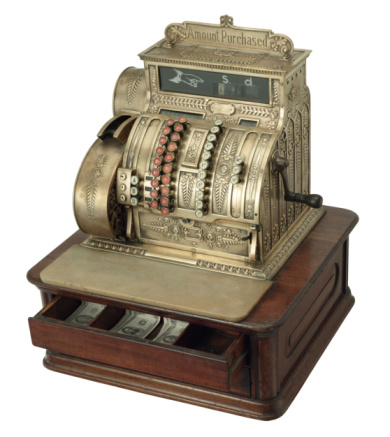Investing
U.S. Companies That Appear Generous to Shareholders Are Not
Published:
Last Updated:
The Wall Street Journal reported that S&P 500 companies will return $300 billion to shareholders in 2013 via dividends and share purchases. The figure is a record, which would imply a level of generosity, but it is not. Companies continue to hold too much cash, and often hold it in ways that keep the money from being taxed by the United States. This alone indicates that any potential generosity is a little less generous than on its face.
Bloomberg reported that it reviewed the financials of 83 huge American companies and found that they had $1.46 trillion in offshore profits still kept offshore. That figure rose by $183 billion last year. There is nothing illegal about the practice, but it certainly makes it very unlikely that the money will make it to shareholders anytime soon.
Investors and the U.S. government have very few ways to get at the cash reserves held by large public corporations, whether the money is in American or overseas accounts. Boards of directors continue to put the money in mattresses, where it gains very little return, held perhaps for the day when another Great Recession begins, which is highly unlikely. And the companies that have the money are generally so profitable that the need for the reserves in a downturn are unlikely as well.
There are a few examples of investor attempts to pry money off of corporate books. Carl Icahn’s insistence that Dell Inc. (NASDAQ: DELL) restructure and pay shareholders $9 billion is one of them. But most experts believe the odds are against him because the Dell board will move forward with a leveraged buyout, which will require the PC company to keep its balance sheet as it is.
How many corporate shareholder groups have someone like Icahn to do the work to get higher dividends or larger share buybacks? Generally, the larger the company, the greater the moat it has to block initiatives like Icahn’s. Companies with the largest amounts of cash, which include Microsoft (NASDAQ: MSFT), Apple (NASDAQ: AAPL) and Google (NASDAQ: GOOG), are essentially controlled by insiders. And those insiders already have set precedent that they have no intention of enriching shareholders beyond improvement in share prices. That has not worked very well recently for those who own stock in Microsoft or Apple.
U.S. public companies may appear to have become more generous, but a close look shows that they remain mostly ungenerous.
After two decades of reviewing financial products I haven’t seen anything like this. Credit card companies are at war, handing out free rewards and benefits to win the best customers.
A good cash back card can be worth thousands of dollars a year in free money, not to mention other perks like travel, insurance, and access to fancy lounges.
Our top pick today pays up to 5% cash back, a $200 bonus on top, and $0 annual fee. Click here to apply before they stop offering rewards this generous.
Flywheel Publishing has partnered with CardRatings for our coverage of credit card products. Flywheel Publishing and CardRatings may receive a commission from card issuers.
Thank you for reading! Have some feedback for us?
Contact the 24/7 Wall St. editorial team.